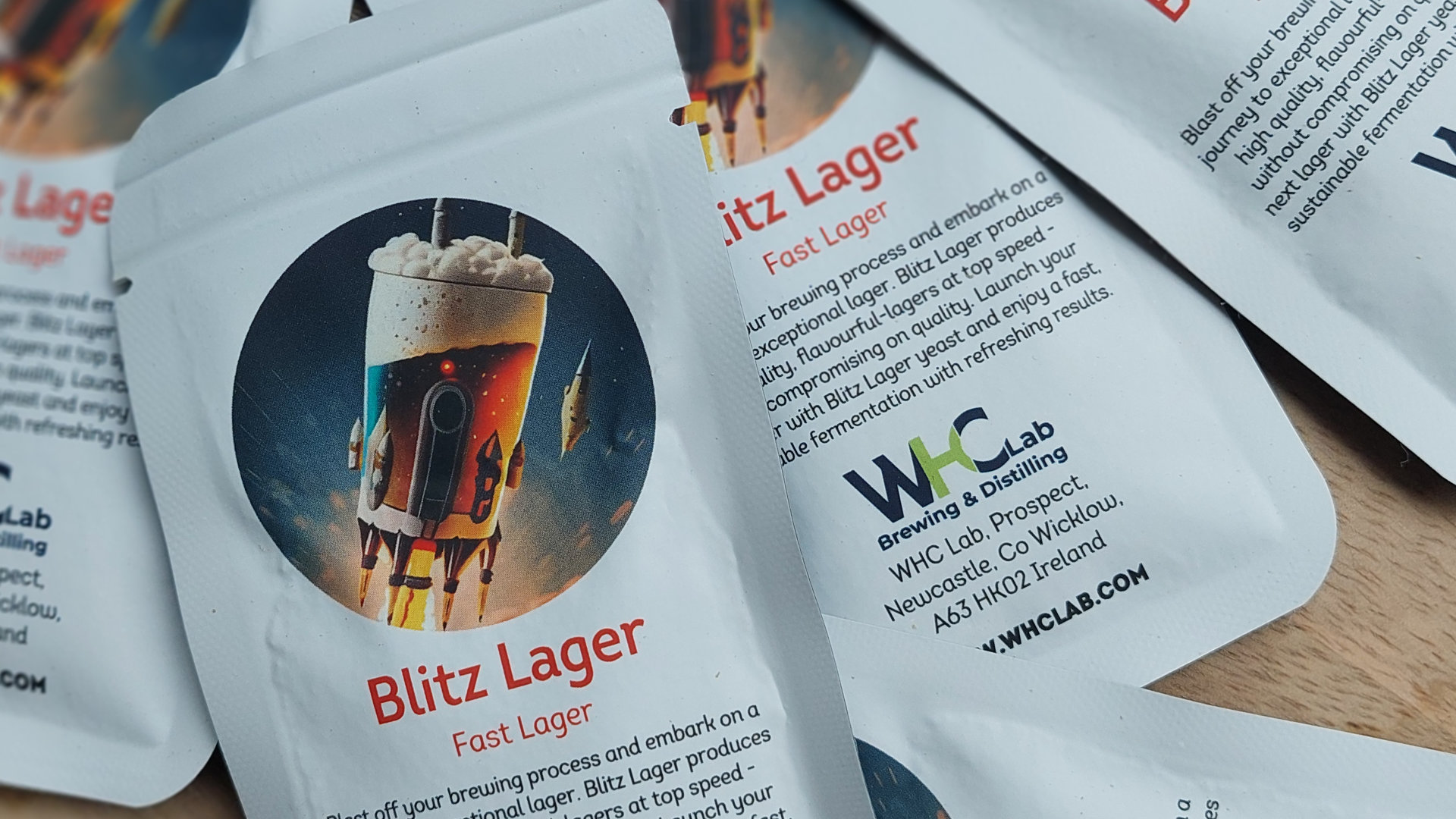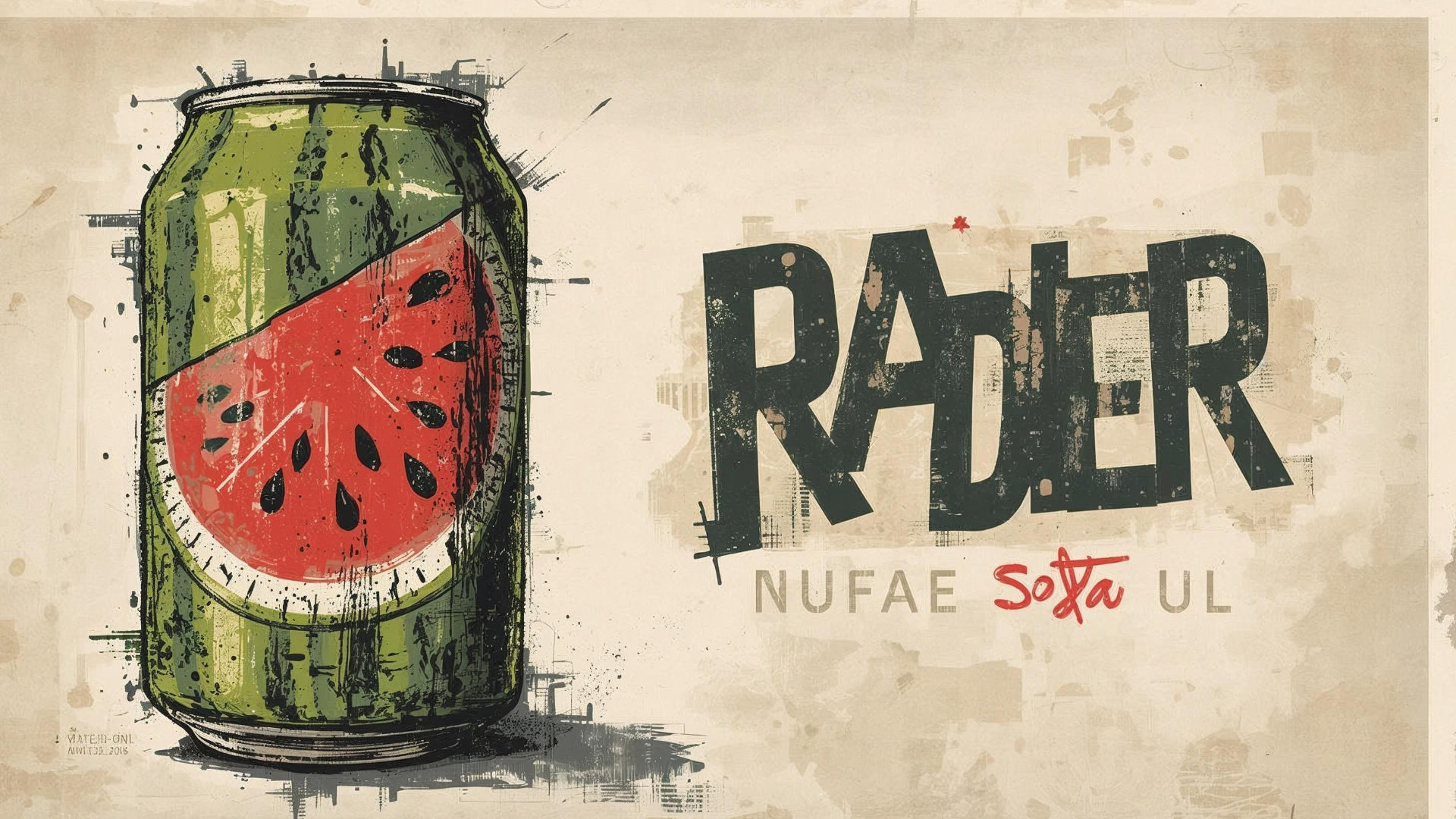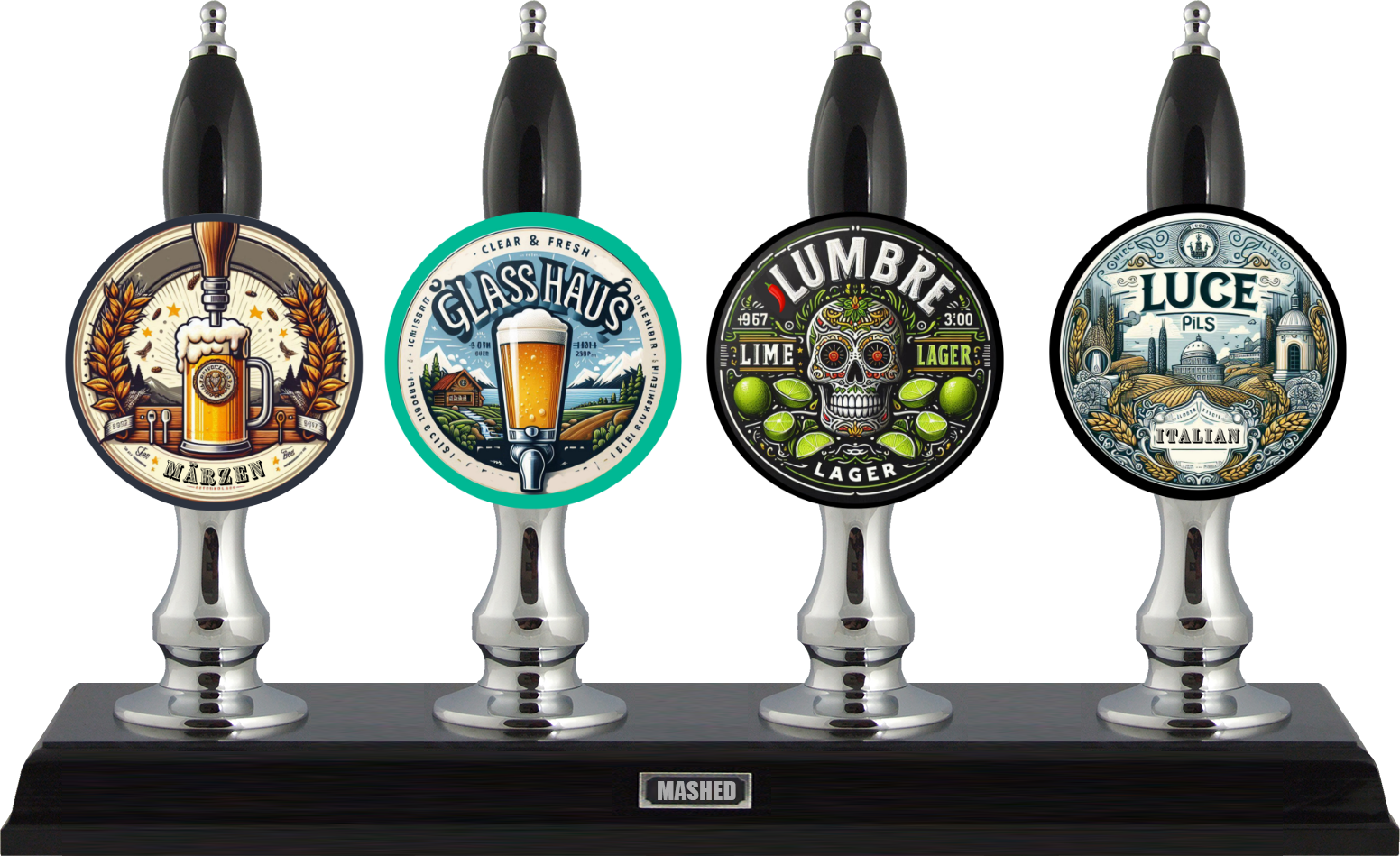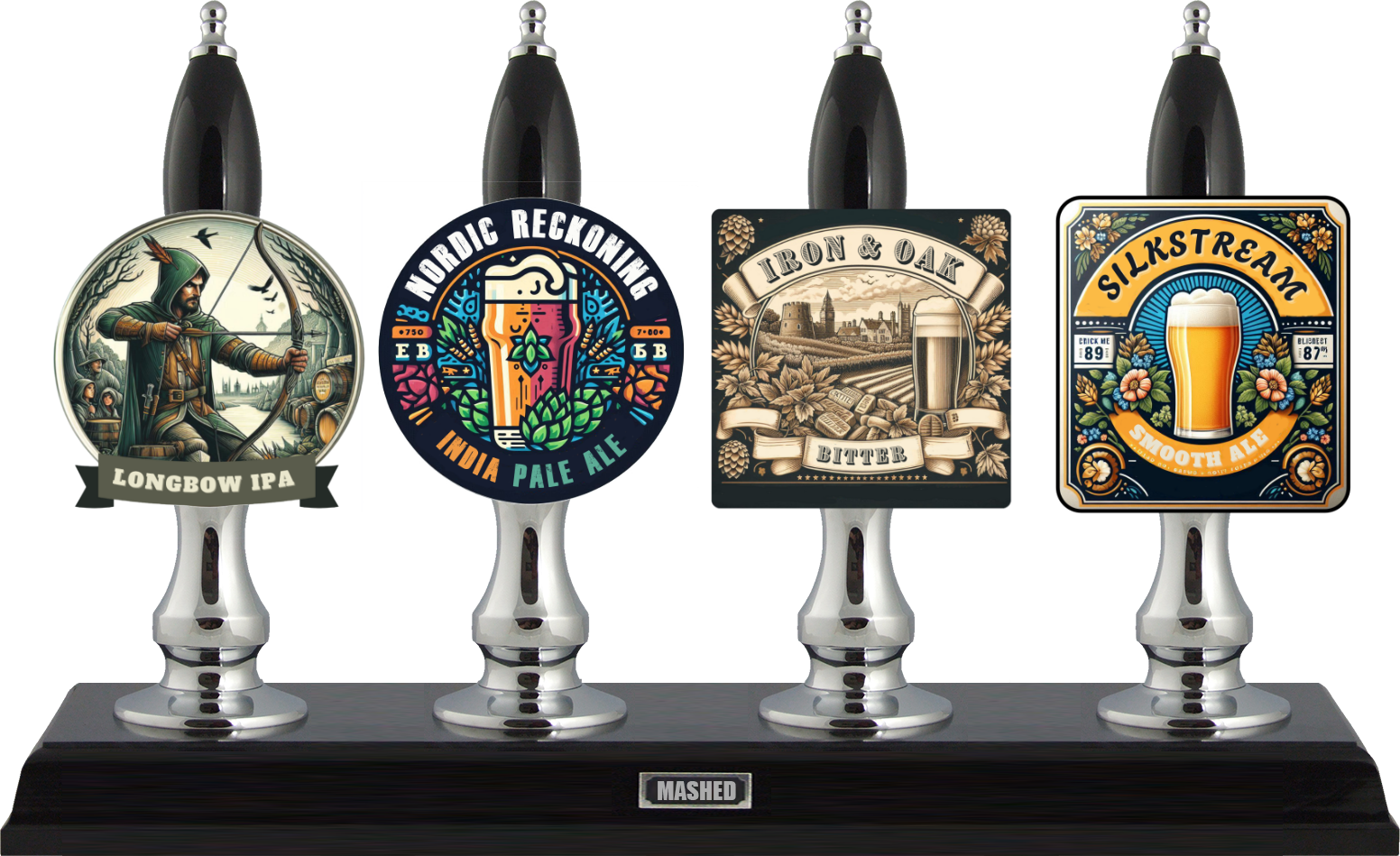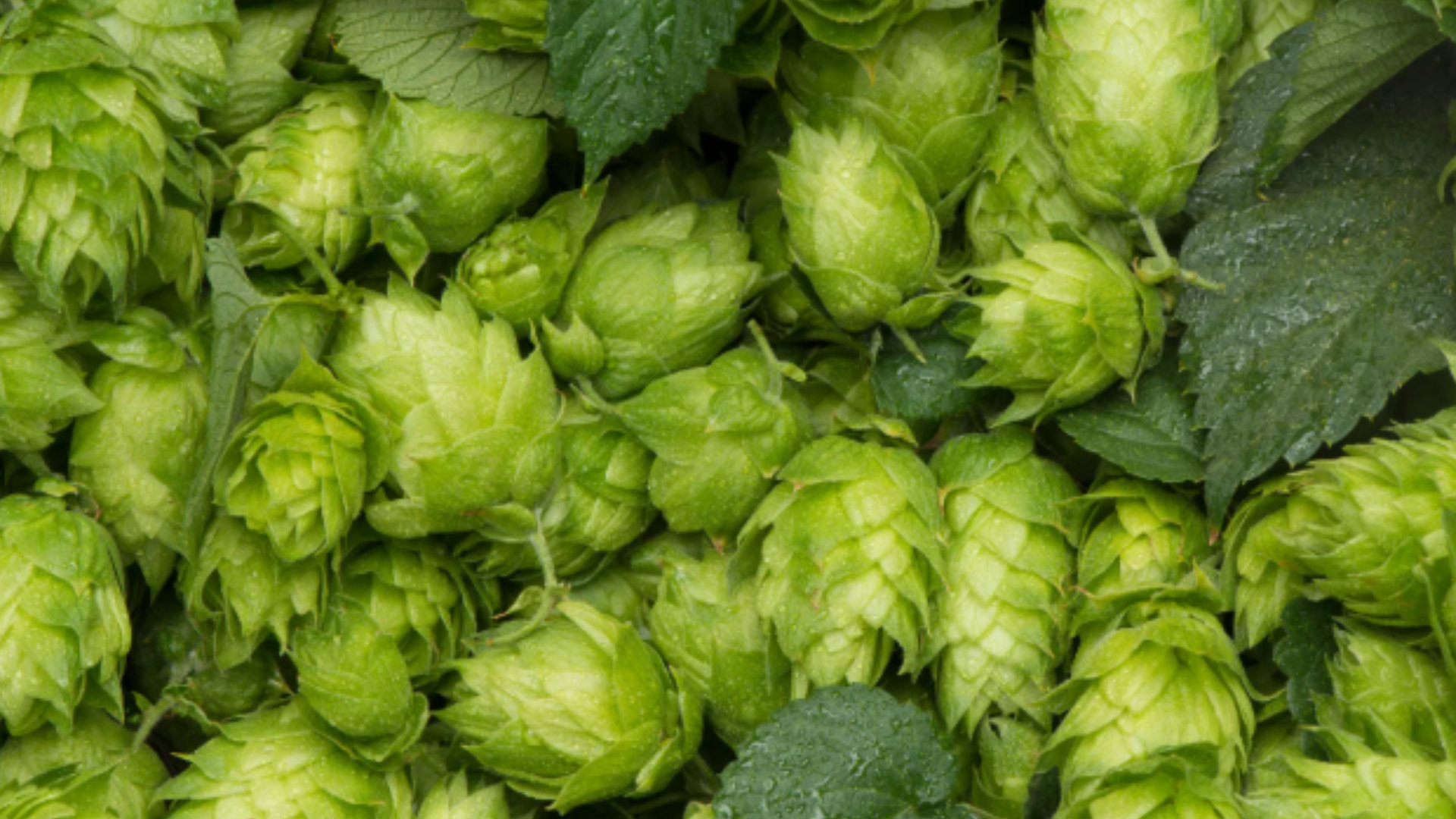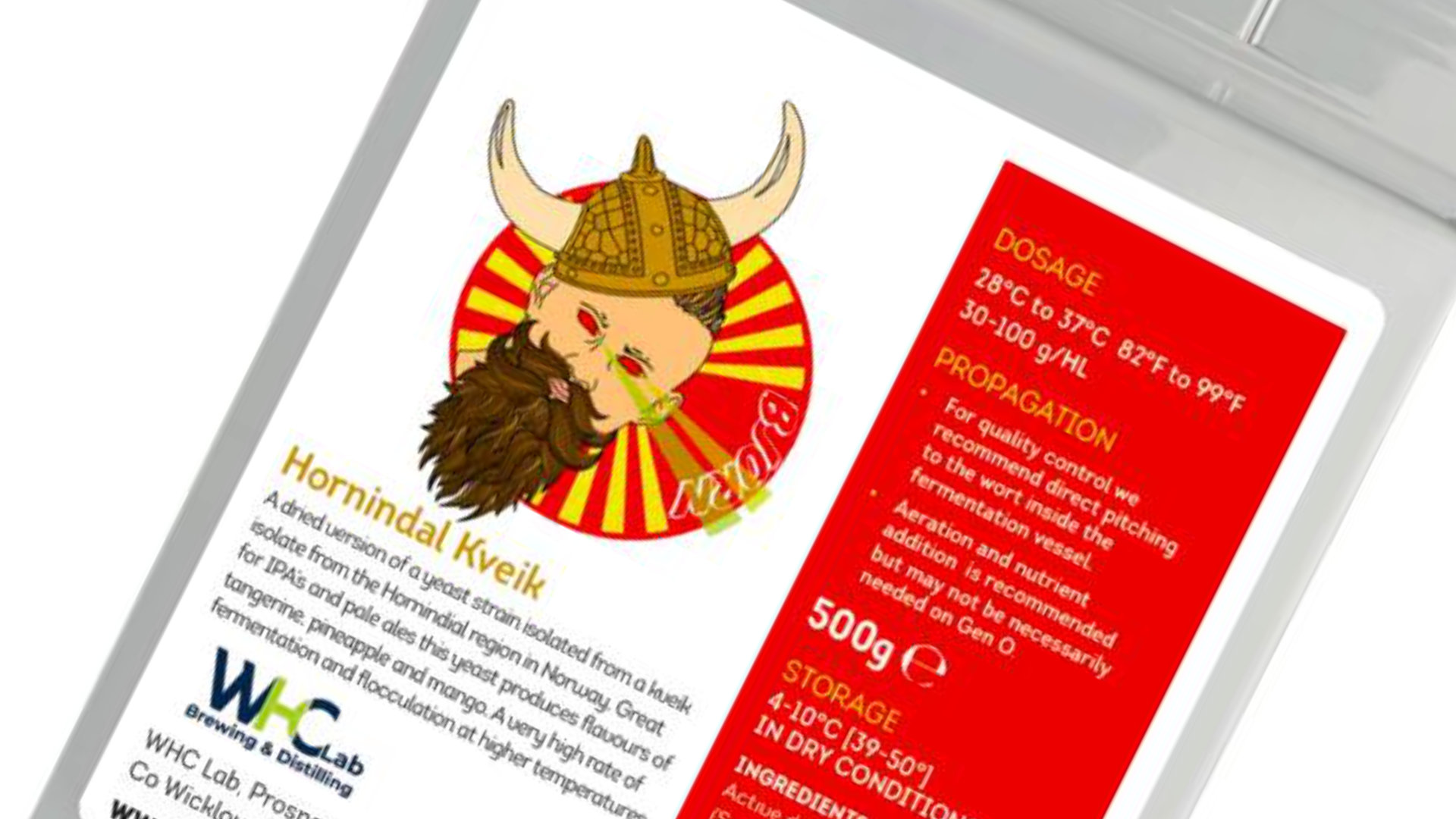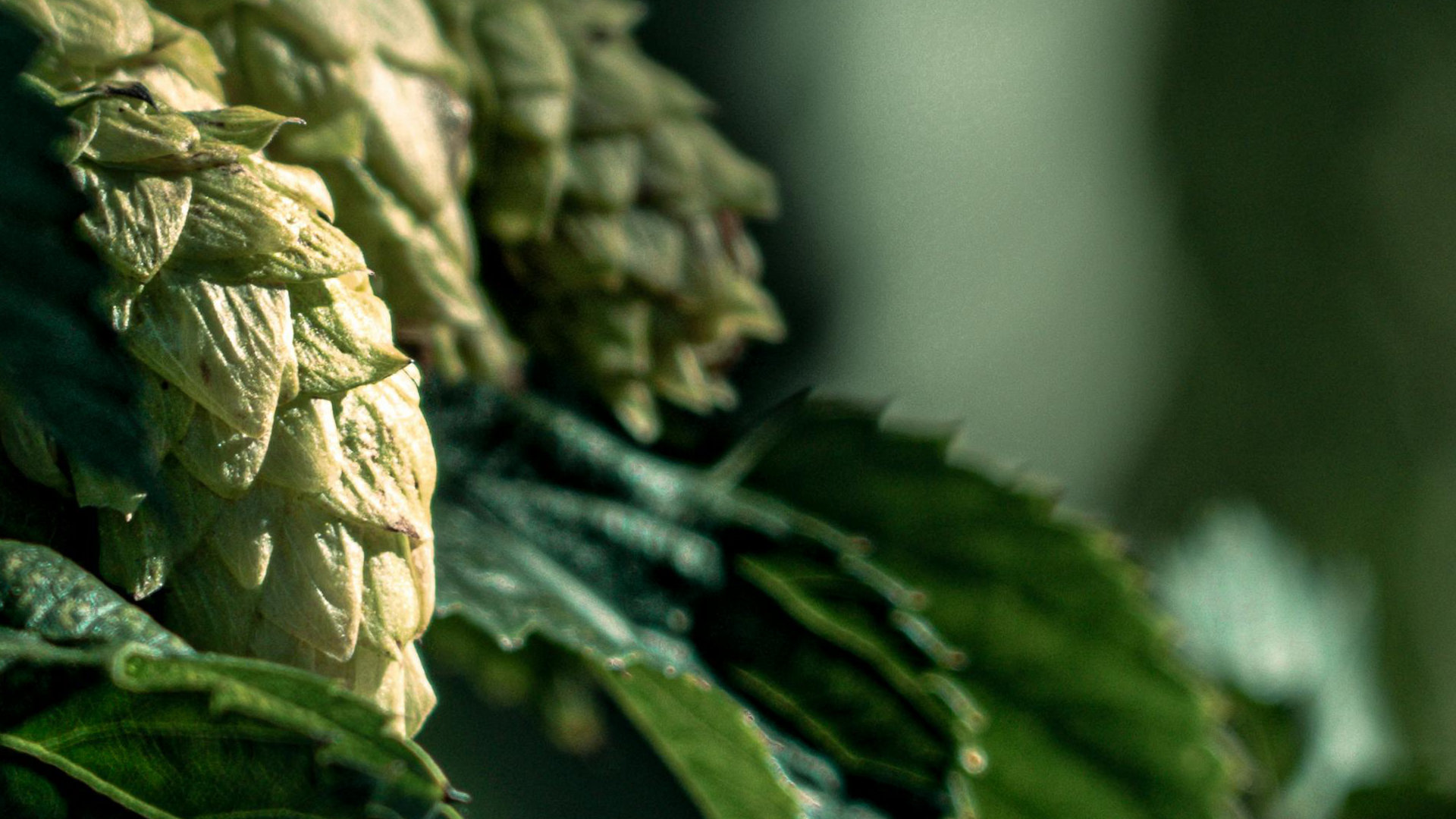Not ‘rarebit’, but ‘rabbit’. And probably not even Welsh. But still delicious and a worthy recipe to sacrifice a splash of your own ale or stout for. And the perfect pairing for a pint of homebrew.
The history of this 18th century dish, originally called Welsh Rabbit, is a little murky. While there are recipes for English rarebit (made with red wine-soaked toast) and Scottish and Irish Rarebit, in the spirit of our beery culture trip into all things Wales we’re going for the Welsh version. Though, rather confusingly, there is no strong evidence to prove that the dish actually originated in Wales. It might even have been intended as an insult to the people of Wales. While it would be nice to think of the dish as a celebration of Welsh cheese and ale, some sources claim that the name ‘Welsh Rabbit’ was a slur against the Welsh - suggesting that their cheese topped toast was a poor substitute for the rabbit meat they couldn’t afford. The theory suggests that ‘Rabbit’ was later changed to ‘Rarebit’ in an attempt to reverse this so-called joke.
Whether this classist dig still has attachments to the dish, I’m not entirely sure. I grew up in Wales and never heard of it being offensive. But then again, it wouldn’t have been my obvious choice as a classic Welsh dish (cawl would top my list). Visit Wales, haven’t picked up on any offense either and feature a twist on the classic ‘Welsh’ recipe by spreading a tablespoon of laver bread - which, adding to the confusion, isn’t anything to do with bread but a Welsh delicacy made from seaweed - on a slice of toasted bread before topping with the cheesy-beery mixture.Â
Anyway, if we want poke fun at our neighbours can I just highlight the English Rarebit? Wine-soaked toast? Really? Sounds like you’ve spilled your drink, mate! Anyway...moving on, here’s our recipe for Welsh Rarebit.Â
Classy cheese on toast with a pint of your finest. You can’t beat it. Have a play with the types of beer you use in the cheesy mix. Some people say that once you try stout in it, there’s no looking back.Â
Iechyd da!
Makes 2 pieces
1 knob of butter
1/2 tablespoon plain flour
1 teaspoon English mustard powder
A splash of Worcestershire sauce Â
100 ml Welsh ale or stout
200g mature Welsh cheddar, grated
2 slices of bread
Melt the butter in a pan, then stir in the flour and cook out briefly. Stir in the mustard powder then add the beer/stout and a splash or two of Worcestershire sauce. Add the grated cheese and melt to a thick paste. Remove from the heat and allow to cool slightly. You can also make the topping in advance and store in the fridge for up to 2 days.
Pre-heat the grill and toast the bread on both sides. Top each slice with the cheesy mixture and grill until nicely brown and bubbling. Serve with an extra dash of Worcestershire sauce and a pint of homebrew.


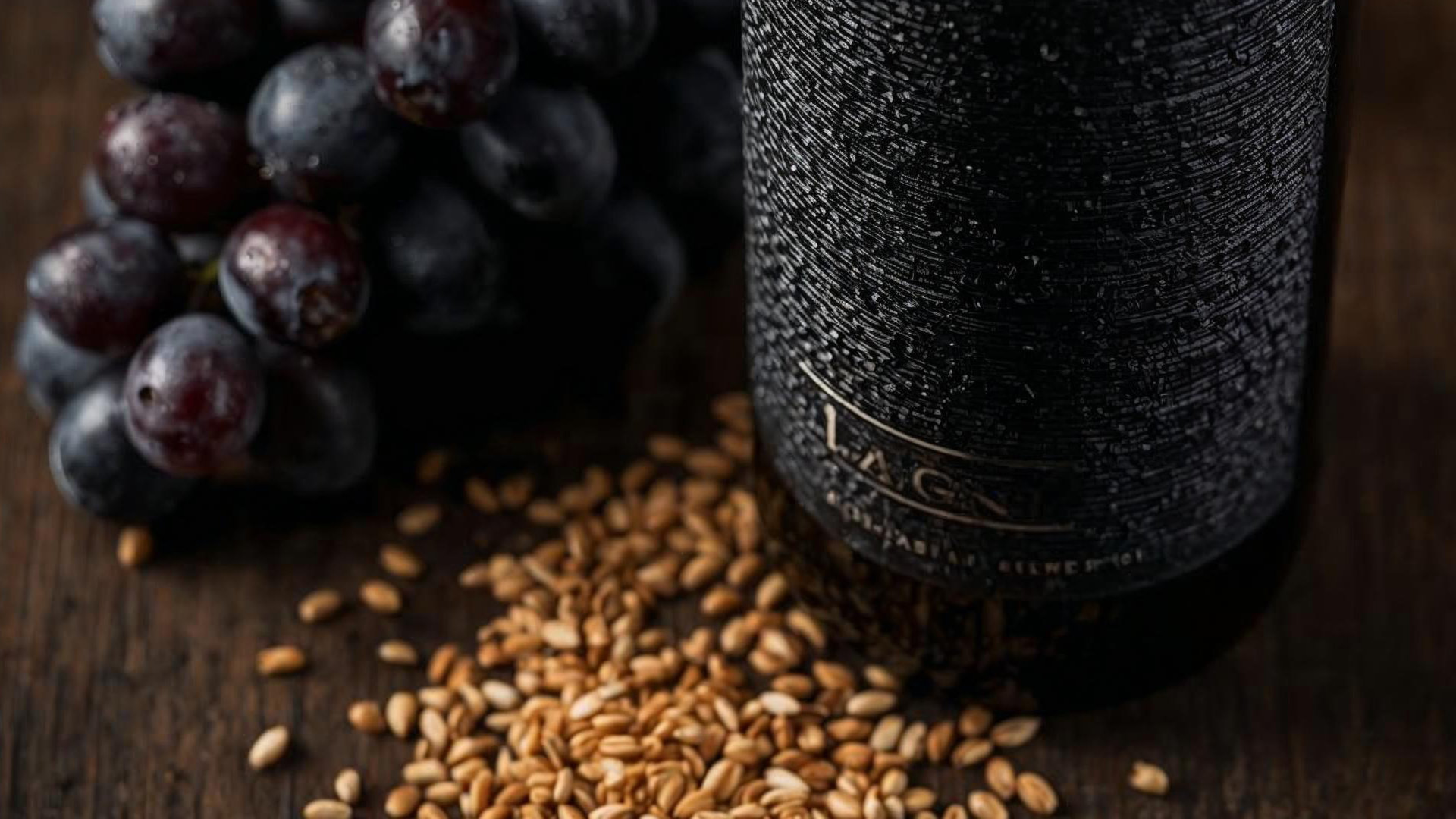
.jpg)
